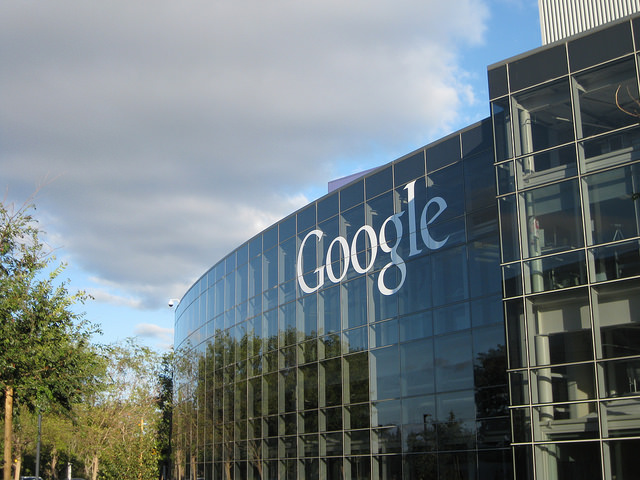Google plans to equip 400 train station across India with high-speed Internet, as announced by the company’s CEO Sundar Pichai last Sunday. This announcement occurred at the same time that India’s Prime Minister Narendra Modi visited Google’s headquarters in Mountain View, California. Bringing high-speed WiFi to rural areas of India by 2019 is one of Modi’s goals as part of his Digital India Initiative.
Google is collaborating with Indian Railways and RailTel, an Internet service provider along railway lines. By the end of next year, 100 railway stations will have Internet. This will grant access for the 10 million people who use the stations every day.
India’s huge market will benefit Google greatly, as the company profits off advertising. However, India’s limited infrastructure will still prove an obstacle. Both Google and its competitor Facebook have experimented with drones and balloons to offer service to rural areas. Kevin Krewell, principal analyst at Tirias Research, commented on the difficulties of building in developing areas: “Power can be a problem. Running new wires is difficult — and keeping those wires from being stolen even more so.”
Article via TechNewsWorld, 29 September 2015
Photo: Train at Mahim Junction, Mumbai via Adam Cohn [Creative Commons Attribution-NonCommercial-NoDerivs]



